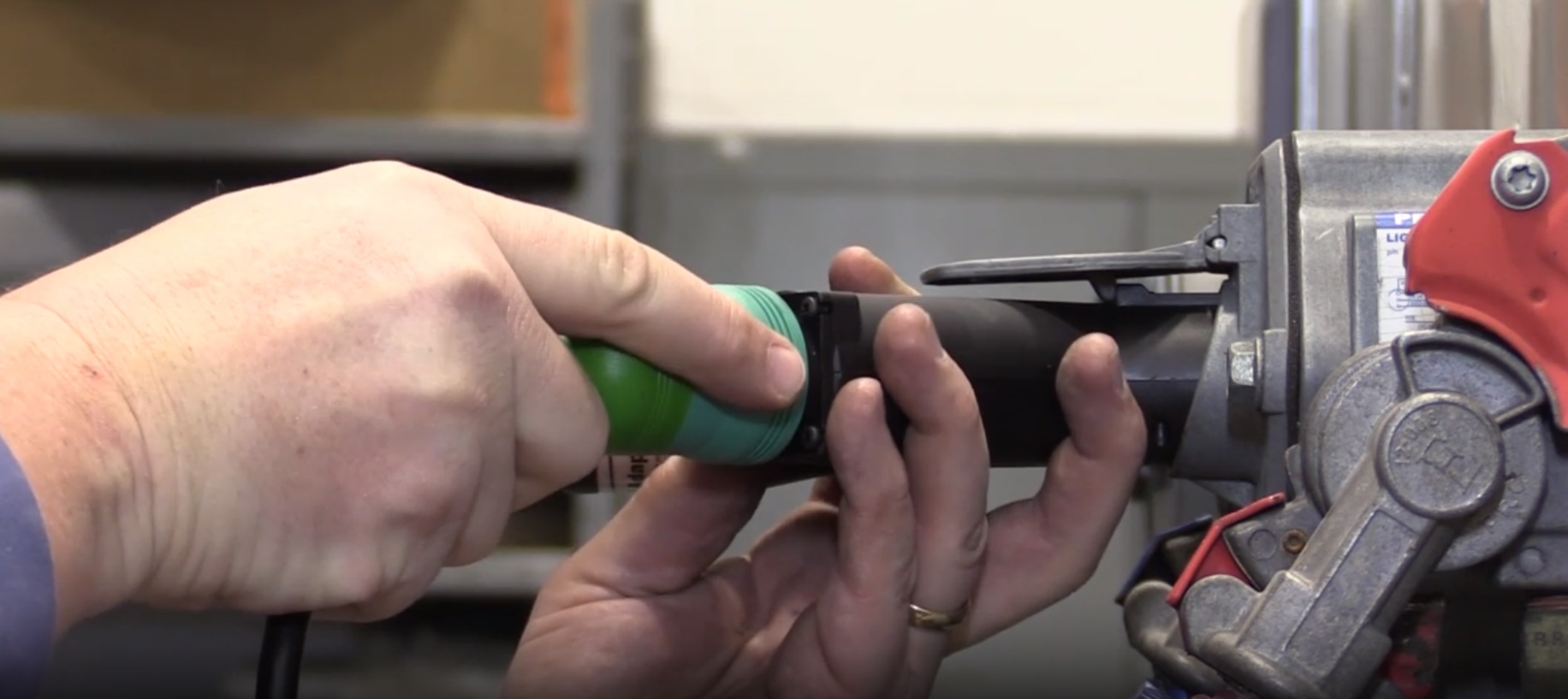Gradient http://www.gradientcorp.com , a nationally recognized environmental and risk science consulting firm, announced the publication of a study that finds elevated levels of heavy metals in tested laundered shop towels.
The study, “Evaluation of Potential Exposure to Metals in Laundered Shop Towels,” builds upon an earlier analysis published in 2003 and concludes that, even after commercial laundering, the towels studied retain elevated levels of metals. This could result in worker exposures that exceed agency guidelines, which are based on various health effects such as cancer. Additionally, the tested shop towels may unexpectedly introduce new metals that are not otherwise in a facility.
Exposure to Heavy Metals in Shop Towels Can Exceed Health-Based Limits
Gradient compared the estimated amounts of ingested metals to various health-based criteria, including from the U.S. Environmental Protection Agency (U.S. EPA) and the Agency for Toxic Substances and Disease Registry (ATSDR), a federal public health agency of the U.S. Department of Health and Human Services.
In addition, estimated metal intakes were compared to the California Environmental Protection Agency’s (CalEPA) Proposition 65 regulatory limits for cancer or reproductive effects. The Gradient study finds that, for the worker using the typical amount of towels per day, average exposure to seven metals (antimony, beryllium, cadmium, cobalt, copper, lead, and molybdenum) may exceed health-based exposure guidelines set by these agencies. For example, based on the calculations discussed in the 2011 Gradient study, a worker may ingest up to 3,600 times more lead on a daily basis than recommended by CalEPA. Excessive metal exposure over time may present a health concern.
Workers Not Aware of Heavy Metal Exposure Issue
Workers cannot see, smell, or feel heavy metal contaminants on “clean” laundered shop towels, so they are not aware that the towels could contain elevated levels of tiny metal particles, invisible to the eye. Workers who touch towels with their hands may unknowingly transfer these metals from their hands to their mouths. Ingestion of metals from hand-to-mouth transfer is an important exposure route for metals as recognized by multiple federal agencies including the U.S. EPA, ATSDR, the Consumer Product Safety Commission (CPSC), and the Occupational Safety and Health Administration (OSHA) http://www.osha.gov/SLTC/metalsheavy/index.html .
The National Association of Manufacturers estimates that nearly 12 million Americans, or nine percent of workers, are employed in manufacturing. Across industries — from equipment manufacturing and printing, to aviation and automotive work, to food and beverage packaging and medical device manufacturing — workers use laundered shop towels for wiping equipment, as well as their hands and faces. Industrial launderers then collect the towels from different workplaces, wash them together, and send them out again for use by the same or other businesses.
“Manufacturers face an unexpected worker exposure issue: workers using just one or two shop towels a day may be exposed to elevated levels of heavy metals, compared to health-based exposure guidelines,” said Barbara Beck, Ph.D., DABT, principal at Gradient, who has testified before the U.S. Congress on lead toxicology issues.
“Without knowing it, manufacturing workers may be ingesting certain heavy metals at elevated levels from this unexpected source. For some of these metals, the amounts ingested may be greater than allowed in drinking water on a daily basis. Because towels are used and then laundered multiple times and are often delivered to different companies each time, workers may even be exposed to metals that do not otherwise exist in their work environment.”
Commissioned by Kimberly-Clark Professional, Gradient researchers analyzed data from laundered shop towels submitted by 26 North American companies across various manufacturing industries. The towels were submitted to an independent lab for testing. Gradient found significantly higher levels of contamination than in the similarly designed 2003 study <http://www.kcprofessional.com/us/download/product%20literature/Gradient%20Report.pdf> .
• More heavy metals exceed health-based exposure criteria: A worker using a typical number of laundered shop towels a day (12) may be exposed to levels of antimony, beryllium, cadmium, cobalt, copper, lead, and molybdenum that are higher than health-based guidelines set by regulatory agencies.
• Tested towels are dirtier: The concentrations of six metals—aluminum, barium, calcium, copper, magnesium, and sodium—were found to be significantly higher than towels tested in the original 2003 Gradient study.
• More metals detected more often: A wide variety of heavy metals were commonly found on the shop towels tested. Of the 29 metals studied, 26 were found on more than 90 percent of the towels tested.
It is unlikely that metals found in the tested towels could come from a single industry source. For instance, beryllium is not commonly used in manufacturing sites, but was present in a number of the towels. Launderers combine towels from multiple industries before washing, which may contribute to this finding.
The new report, “Evaluation of Potential Exposure to Metals in Laundered Shop Towels,” is available at www.thedirtonshoptowels.com http://www.thedirtonshoptowels.com .

